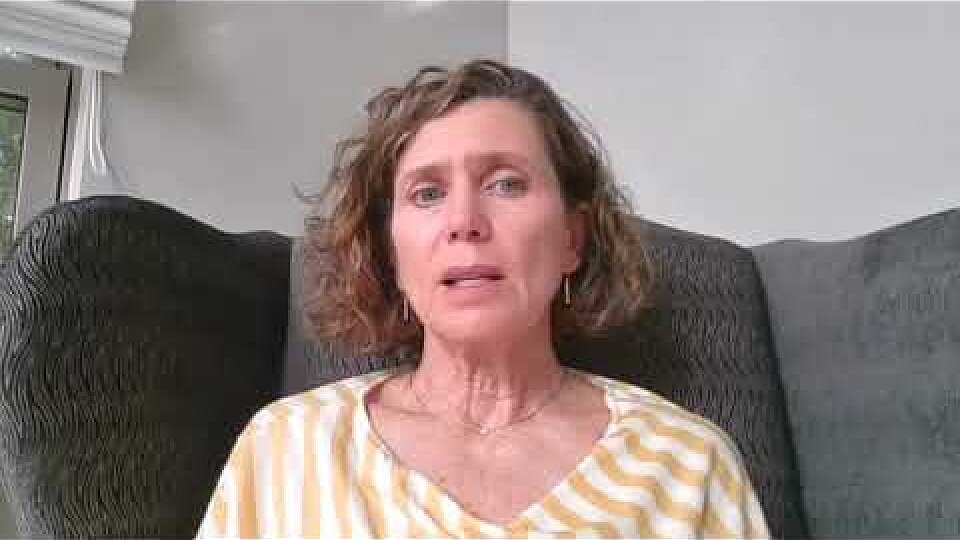When and with whom is it appropriate to share private information about an adopted child’s story? Shannon Cerise, LCSW and Buckner contract therapist discusses how to honor and protect the private stories of adopted children and adopted adult persons.
Adoption is a lifelong, intergenerational process that unites the constellation of birth families, adopted persons and adopted families forever. With this wide-angle view, you can begin to understand why adoptive parents might struggle to explain adoption to their children. It certainly is not one, single conversation. Rather, it is an ongoing, nuanced, complex series of conversations between parents and child that lasts a lifetime.
One specific complexity adoptive parents must be cognizant of is their role in being the holder and sometimes a full witness to their child's journey through adoption. In every family, parents hold the vantage point of watching the story of their child's life develop and unfold. But adoptive parents have the unique and extraordinary responsibility of holding this particular story of adoption, which includes loss, grief and other complex emotions while a child grows. In adulthood, the adult adoptee, then, has full ownership and agency of the story of their life.
Until that time, adoptive parents should embrace information about their child with great tenderness and in confidence, meaning confidentially. While they walk this journey of adoption together with their child, it's the vulnerable child whose thoughts, feelings and experiences are to be centered to ensure their healthy, emotional development.
Adopted children should learn all the information about their adoption and birth family initially and directly from their adoptive parents. Relatedly, an adoptee deserves to decide when and how he or she feels comfortable sharing this sensitive information with others. But this can only happen when they have the understanding and judgment surrounding issues of privacy, something a developing child can typically grasp easily or at one moment in time.
This presents a big challenge for parents. Humans are innately curious, and it's typical that questions about an adopted child's background and history are asked of adoptive parents.
While there need not be shame surrounding the topic of adoption or a child’s status as an adoptee, it is essential adoptive parents establish boundaries with others, including friends and extended family, around the confidential information of a child's life and birth history.
Getting comfortable with saying, “That's Anna’s information to share when she's older,” or, “I'm only able to speak about adoption in a general way,” are some go-to responses to questions posed by children and adults, alike. This can help set appropriate boundaries for communicating about sensitive information. It can also provide language for adopted children for when those same questions are asked of them.
It takes the development of an educational base and specific skills for parents to deeply meet the social and emotional needs of children who joined their family through adoption.
Buckner wants to walk with adoptive families to make their journey, as well as the journey of their children, as happy and healthy as possible.




Add a Comment